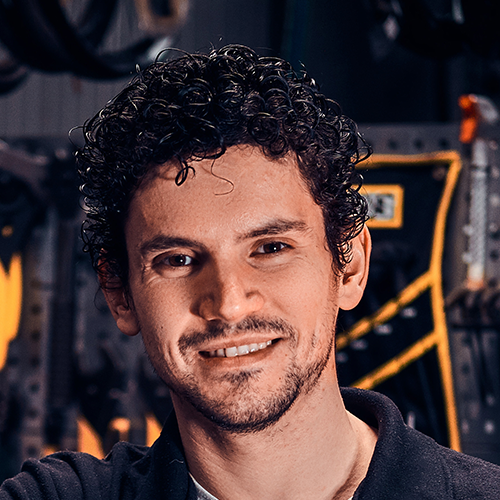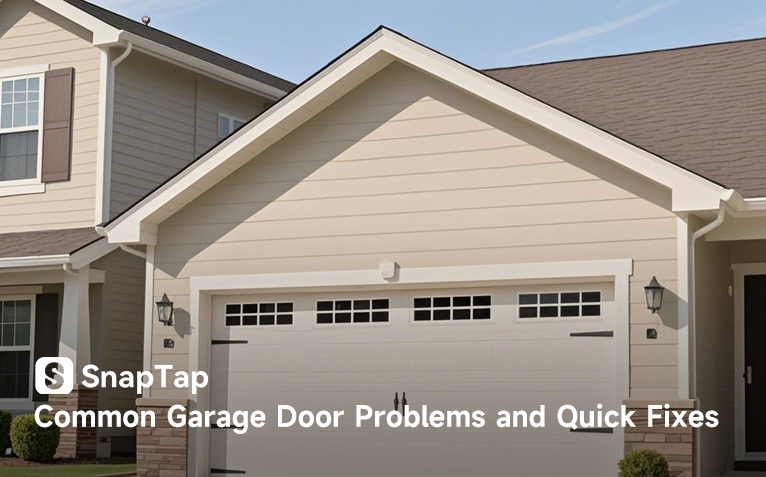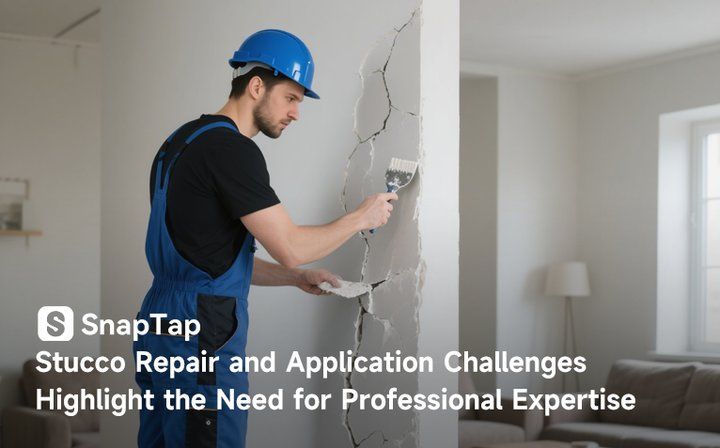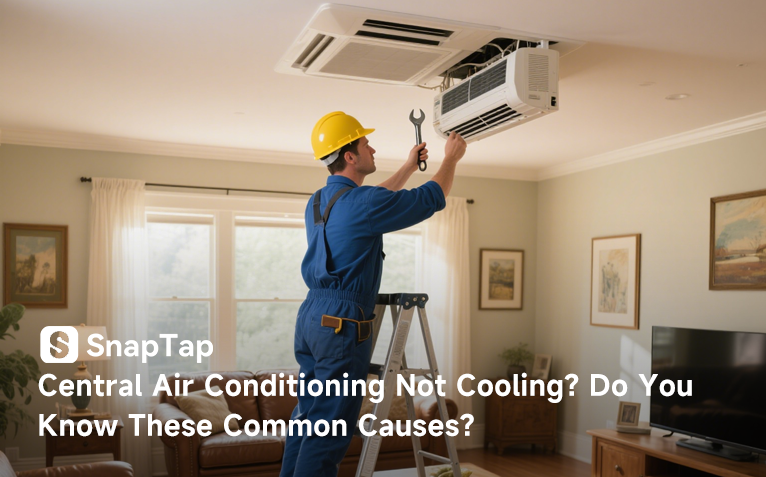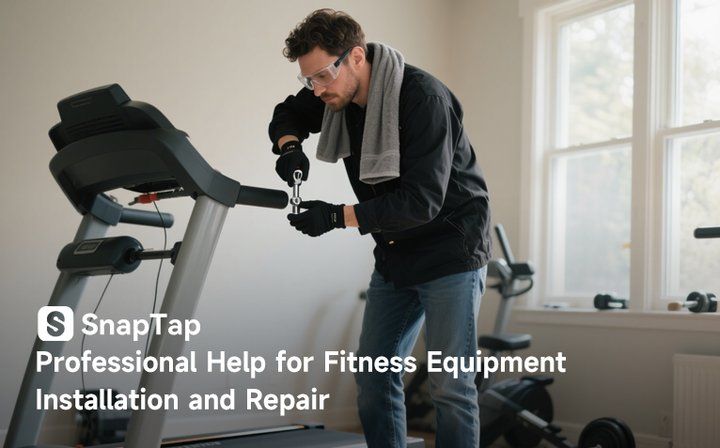In daily life, garage doors are used frequently, yet their maintenance is often overlooked. When a garage door suddenly gets stuck, won't open, or starts making unusual noises, we only then realize its importance. These seemingly minor issues are often the result of long-term wear and tear. Identifying and addressing them promptly can help prevent larger damages and ensure household safety and travel convenience.
One of the most common garage door problems is the inability to open or close. This is usually related to power issues, remote control systems, or mechanical faults. First, check whether the power supply is functioning properly. Power outages or a malfunctioning control system may cause the garage door to stop responding. If the issue lies with the remote control, low battery is the most frequent culprit. Replacing the battery with a new one often solves the problem. If the issue persists, try re-pairing the remote or checking whether the receiver is disrupted or damaged.

A broken spring is a more serious problem. Garage door springs bear most of the door's weight and assist in lifting and lowering. If a spring breaks, the door may not move at all and may make loud, sudden noises during operation. This is not something to fix on your own—garage door springs are high-tension components, and attempting a DIY repair can be dangerous. Professional technicians are best equipped to handle this.
Garage doors that are tilted, run unevenly, or come off track are also common mechanical issues that should not be ignored. These may be caused by misaligned tracks, damaged rollers, or structural damage to the door itself. If not addressed in time, these problems can cause the door to jam, fail to close completely, or even sustain further damage.

Some simple actions can help in the short term. For instance, if the remote control battery dies, replacing it with a fresh one of the same type can restore functionality. If the door doesn't run smoothly, applying a silicone-based lubricant to the tracks and rollers can reduce friction and noise. Also, if the sensor at the bottom of the door is blocked by dust, cobwebs, or debris, it might falsely detect an obstacle and prevent the door from closing. Cleaning the sensor surface can resolve this.
However, not all issues should be fixed by yourself. If you notice broken springs, motor failure, or severely bent tracks, it's best to call a professional garage door repair service. These problems often involve high-pressure or heavy-duty parts, and improper handling may lead to further damage or safety risks. Professionals have the right tools and experience to repair the issues safely and efficiently.
Understanding these common garage door problems and how to quickly respond to them helps you make better decisions when issues arise. Regular inspection and proper maintenance of your garage door can also extend its lifespan and reduce long-term repair costs. When in doubt, don't hesitate—calling a professional is always the safest and most reliable option.

